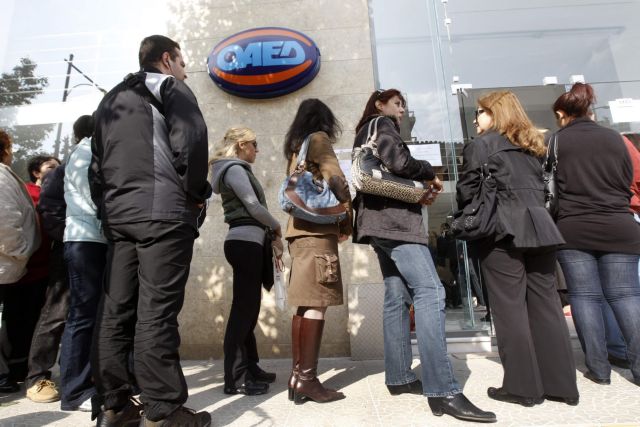London-based accounting firm Ernst & Young has predicted that the Greek economy will stabilize in 2015, with tourism and exports providing the greatest boost to growth.
Ernst & Young also expects unemployment to climb to 30% in 2014, while private consumption will not increase until 2015. The firm has estimated that 2013 will be the sixth and final year of recession, with the annual growth grate for 2015 to 2017 expected to be around 1.7%.
Exports are expected to increase by 4% annually between 2014 and 2017, while tourism will continue to be the main workhorse of the Greek economy. The wage cuts and labor reforms will also improve competitiveness in the manufacturing sector.
Fears of political destabilization
While E&Y doesn’t consider an exit from the Eurozone to be a real threat, the political instability and tension, in relation to the high youth unemployment rates and degree of social resistance to austerity, could subvert the fiscal reform efforts.
Despite the relaxation of austerity measures and the rise in international trade, the rate of recovery for the Eurozone will be slower than expected, due to the sharp increase of unemployment and the widening of disparities across Europe.
The accounting firm estimates a 0.5% recession rate for this year, slightly improved compared to the previous estimation of 0.9%. The new estimations indicate a 1.5% annual GDP rate increase for 2015-2017.
European disparities restrict growth prospects
Germany is the dominant Eurozone economy with a 0.6% growth rate in 2013, when most other members are experiencing a recession. E&Y’s report shows however that Italy and Portugal will stabilize their economies in 2014 and Greece in 2015.
The significant difference in the rates of unemployment in the Eurozone (27.6% and 29% for Spain and Greece compared to 5.4% in Germany) mean that unemployment will continue to be a major problem. The recovery process is being restricted by the decrease of financial leverage in the public and private sectors, as well as the lack of cheap funding.
The recovery in the second half of 2014 is expected to improve drastically thanks to external factors, such as the financial activities of the USA and the UK. These developments in conjunction with a devaluation of the euro could lead to an increase of Eurozone exports.





